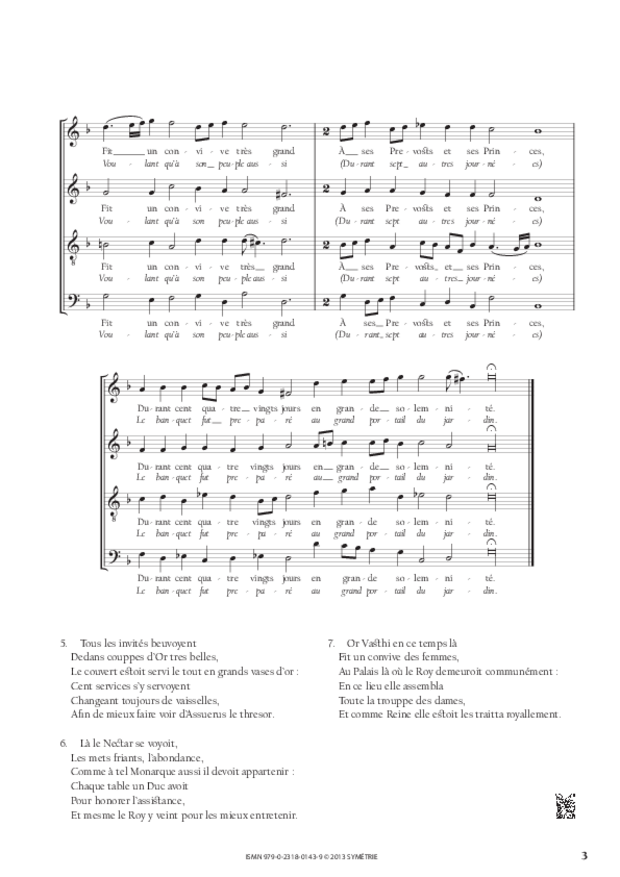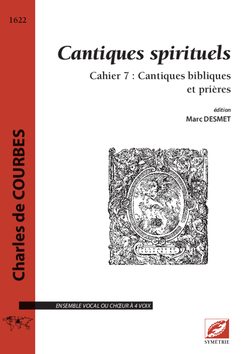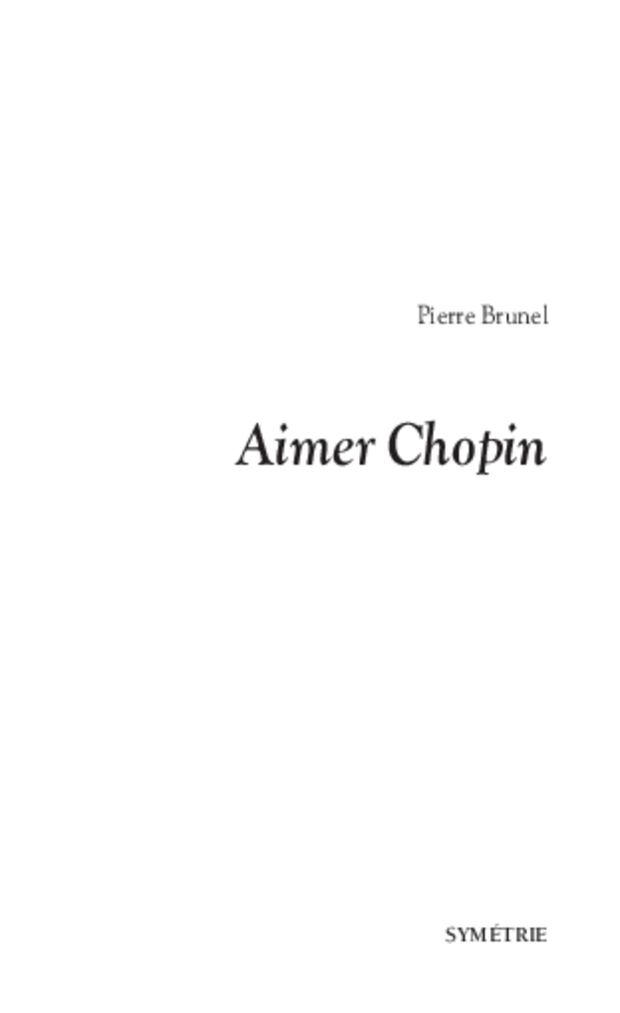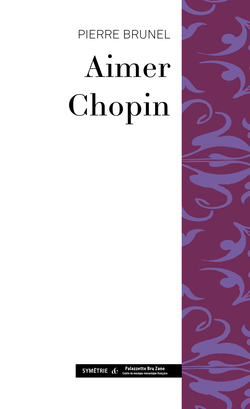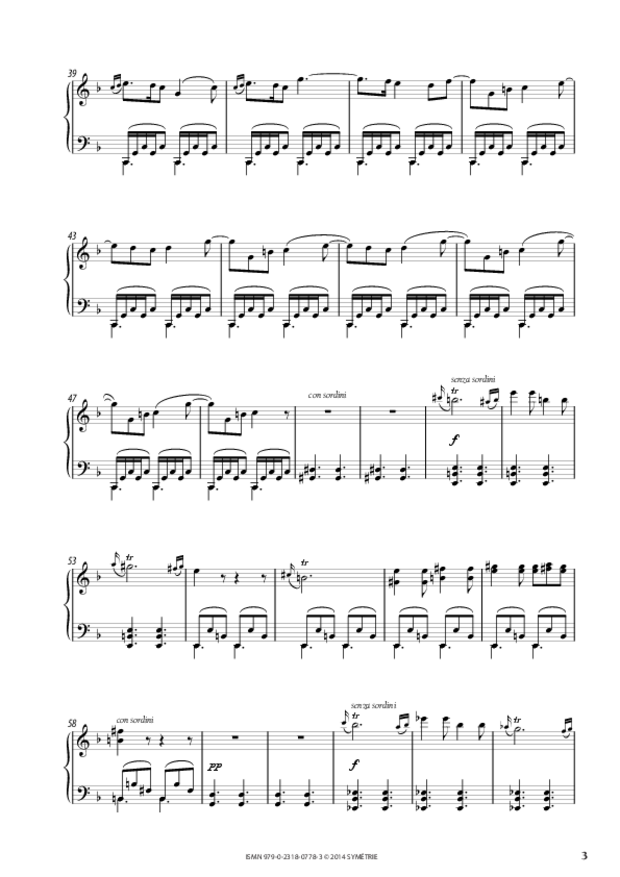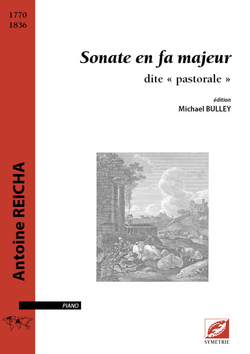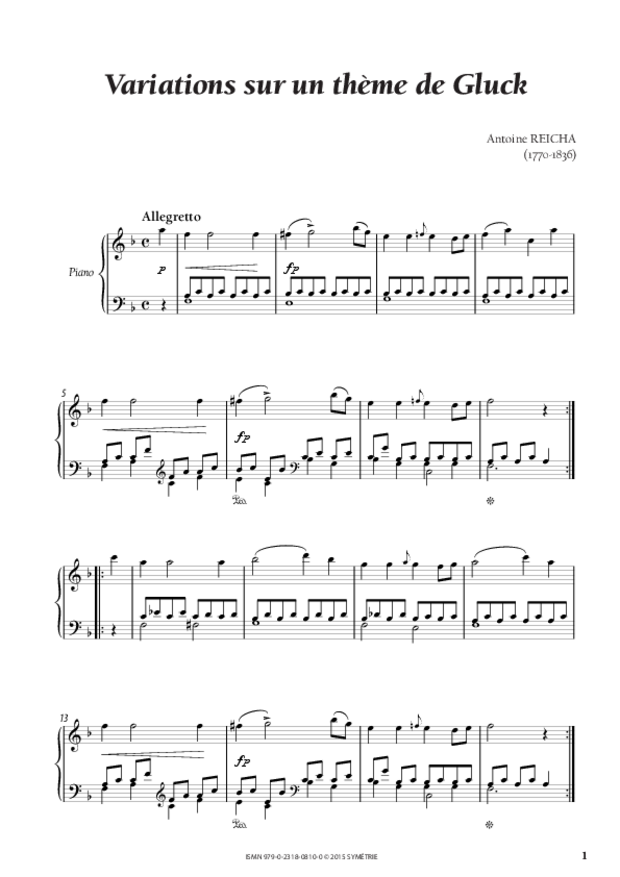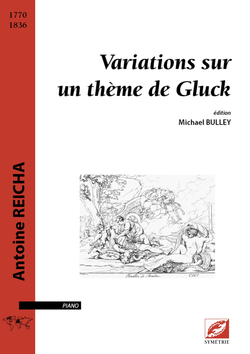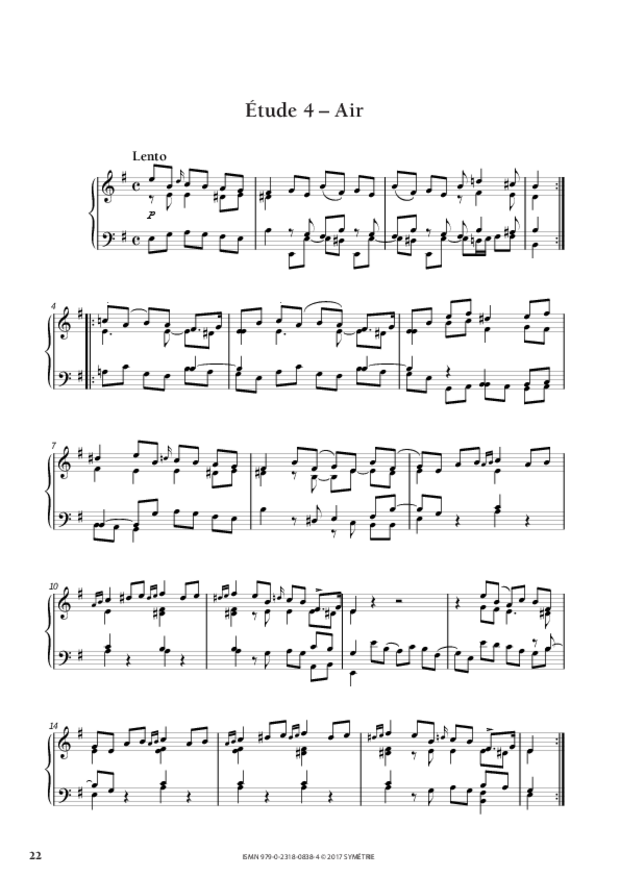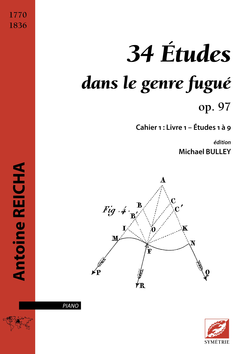With Orfeo ed Euridice, Gluck stood against more than a century and a half of Italian tradition and became the unavoidable figure of the history of opera. In collaboration with Calzabigi, he refused the technical feat of the Italian opera virtuoso arias and advocated simplicity and “the direct and sincere expression of feelings”. Nonetheless the 1762 version is less dense than the 1774 Orphée et Eurydice, written with Pierre-Louis Moline in order to adapt Calzabigi’s libretto to the French language: Gluck changed the hero’s vocal part and cast it to a tenor instead of a castrato; he added to the original version a few vocal and orchestral pieces.
The C major overture survived the composer’s changes. Its lively and joyful character differs from the darker atmosphere of the tragedy it introduces. It is built according to the mono-thematic sonata form, characterized by its three-part plan: an exposition introduces two themes, one in the main key, the other one at the 5th; then a development and finally a re-exposition with again the two main themes of the first part in the original key.
Orphée et Eurydice was highly successful with the French public to the point of convincing the most hostile elements to French lyric tragedy. Thus, Jean-Jacques Rousseau, an ardent defender of Italian opera, fell under the charm of this piece and supposedly said: “If one can feel so great a pleasure during two hours, then I can conceive that life may be worth something.”
Manon Bertaux
under the scientific guidance of
Jean-Christophe Branger
(department of Music and Musicology
of UFR ALL – Metz
of university of Lorraine)
(translation Philippe Do)
The Ouverture is also included in the Orchestra Suite.
Audio excerpts
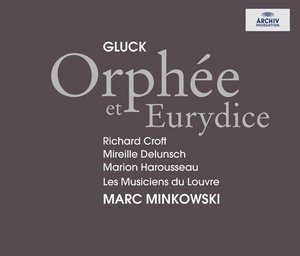
Ouverture
Nomenclature
2 hautbois, 2 bassons, 2 cors, 2 trompettes, timbales, cordes
All available forms
-
sheet music pour orchestre
-
conducteur de lecture au format A4
2 hautbois, 2 bassons, 2 cors, 2 trompettes, timbales, cordes · 8 min · 21 x 29.7 cm · stapled booklet · 30 pages · ISMN 979-0-2318-0243-6
Publisher : Symétrie
Price : €29.00
-
conducteur de direction au format A3
29.7 x 42 cm · spiral booklet · ISMN 979-0-2318-0859-9
Publisher : Symétrie
Price : €49.00
-
matériel (0.2.0.2. – 2.2.0.0. – timb - 10.8.6.5.4)
ISMN 979-0-2318-0244-3
Publisher : Symétrie
Price : €200.00
-
